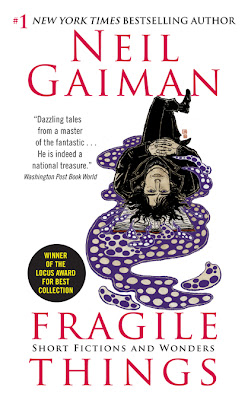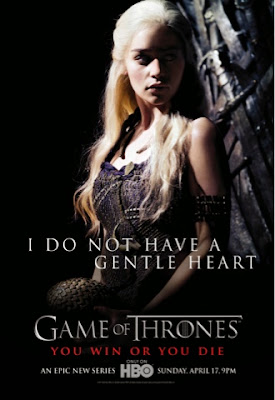Fascinating Characters: Kate, Henry IV Part I
Not gonna lie, I'm not a big fan of Henry IV. Everyone's always trying to tell me "but blah blah blah Falstaff", "but blah blah blah power politics" and I'm like "eh, cool story bro". But one scene from this play has always fascinated me: Act II, Scene III. This scene is unique in the play, not only is it the only scene to include a woman (at least a woman who actually has lines) but because it gives us a unique glimpse into domestic life and issues of gender. That one speaking female character is Lady Percy, also known as Kate (although her real life counterpart's name was Elizabeth). Kate is a woman in a man's world. As her husband, Henry Percy, Hotspur, famously says: ...this is no world / To play with mammets [dolls] and to tilt with lips: / We must have bloody noses and crack'd crowns... -William Shakespeare But what is interesting about Kate is the way she attempts to resist this world centered on patriarchy. She is...

